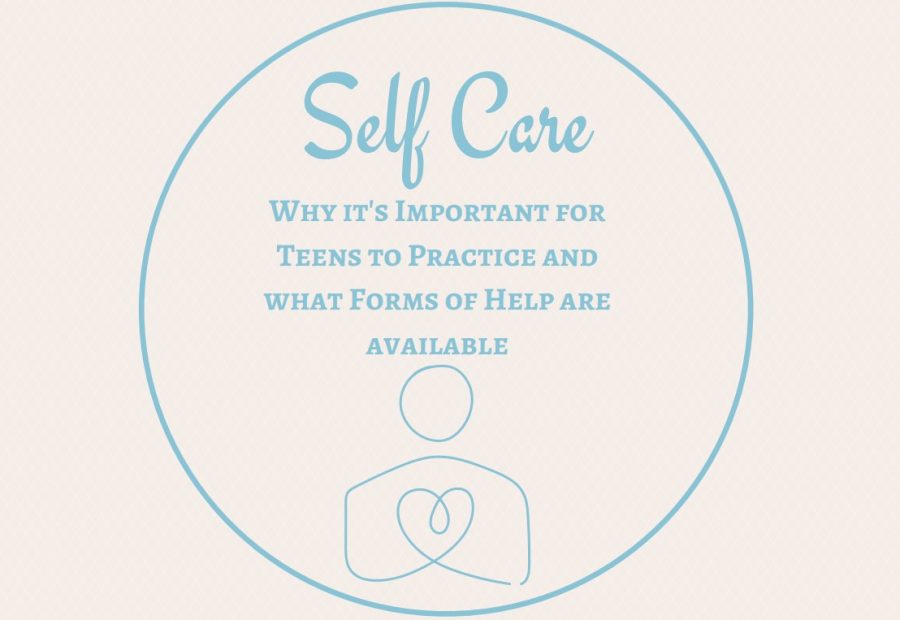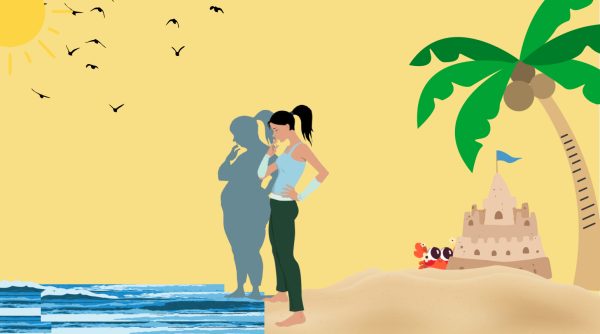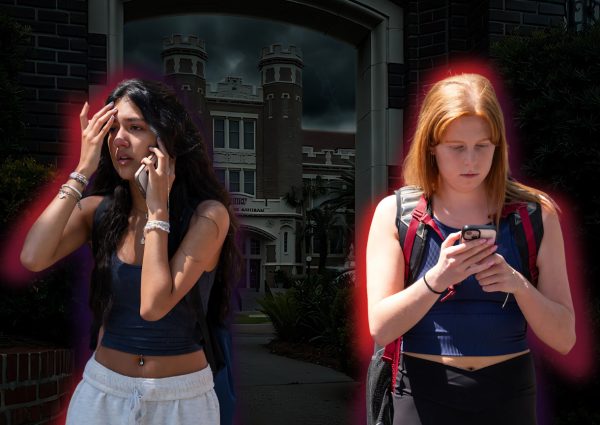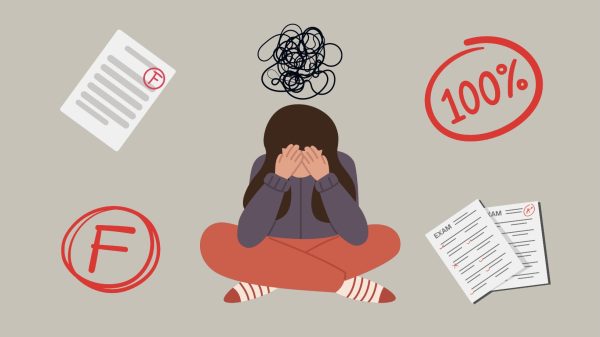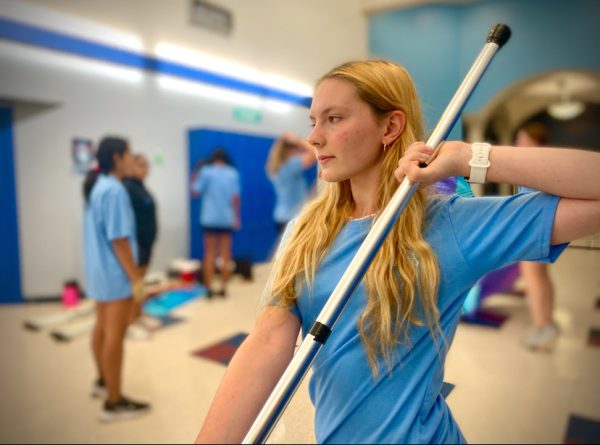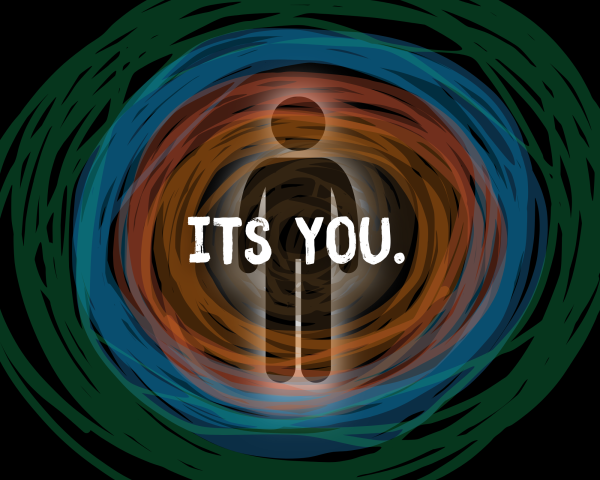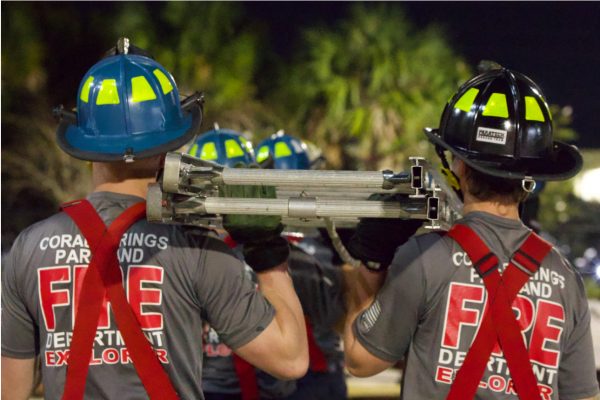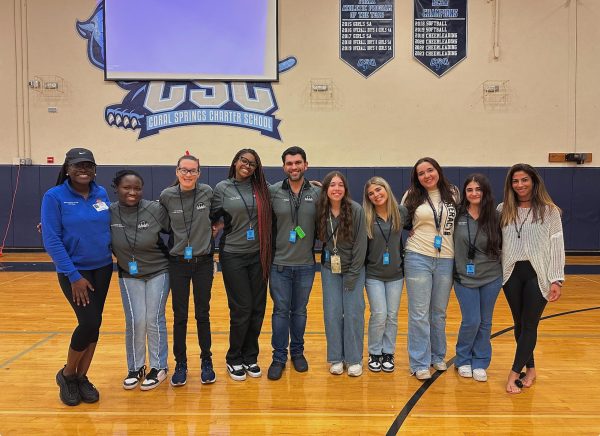Self-Care: How to practice it and what is available
Content Warning: Discussions on mental health, including suicide, anxiety, depression, eating disorders.
On Monday, September 13th, The Coral Springs Town Hall Talk Youth Suicide Prevention panel discussed issues surrounding teenage mental health and suicide prevention resources. The event was held right in time for Suicide Prevention Awareness Month, and the return of students to Florida schools.
According to Florida representative Christine Hunschofsky, the town hall panel was held “to provide information on suicide prevention resources that are available, as the COVID- pandemic and commencement of school has added mental health challenges for school-aged children such as depression, anxiety, and in some cases, suicidal thoughts.”
Dr. Scott Poland, professor and co-director of the Suicide and Violence Prevention Office at Nova Southeastern University supported this with statistics showing how increases in emotions such as depression have affected High School students since the 2019.
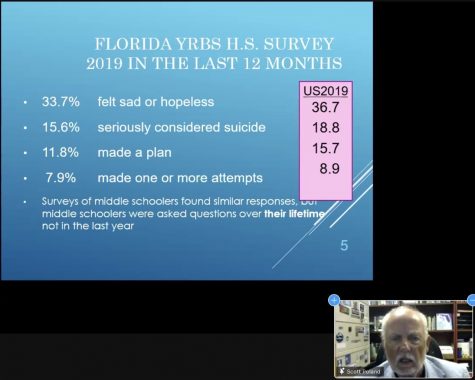
These statistics have hit close to home for Charter students. Peer Counseling teacher Kathleen Brann noticed a change in the mental state of students with the return of fully in-person school. “I have noticed that my high school actually seem more willing to talk to one another this year,” said Brann. “I have more students willing to openly discuss how difficult quarantine was for them and how it impacted them. I feel the mental health of my students has increased with the return to school.”
Dr. Poland spoke on this ‘openness’ to discuss the long considered taboo subject of mental health in his proposal of the Florida STEPS plan. This is one of the many state school plans Dr. Poland has formulated for K-12 schools to be more comprehensive in suicide prevention and mental health awareness. Working aside Catherine Ivey, an NSU doctoral student, Dr. Scott Poland and Dr. Donna Poland, pieced together the STEPS plan in 2021, available on Nova’s website.
“Annual training on the warning signs of suicide for all staff who interact with students and suicide prevention information/crisis resources posted and easily found on the school district website” are a couple of the varying goals the STEPS plan was structured to achieve.
Suicide Prevention Resources
Three lines of suicide prevention resources were placed on the back of student’s identification cards this year. This addition came about after bill CS/Hb 489, to the not only CSC students’ ID’s, but students from grades 6-12 of all Florida school districts
The bill’s House of Representative Staff Analysis said, “to provide increased access to mental health resources, the bill requires student identification cards newly issued by school districts to students in grades 6 through 12 include the numbers for national or state crisis and suicide hotlines and text lines.”
The summary analysis further explains that the “school districts must comply with this requirement beginning with the 2021-2022 school year, with the bill providing its effective date (when the bill and its requirements will be enforced) of July 1st, 2021.”
Nicole Luicci, CSC’s Dean of Operations, confirmed the addition of said resources to ID’s as being a part of the statewide mandate for school districts.
Practicing Self-Care
Self-Care, the practice of looking after one’s own health, isn’t just simple meditation or exercise. Self-care is personal, tailored for you and your mental health needs. It can be as simple as eating three plentiful meals throughout the day or ranting to a supportive loved one. It can be any form of healthy outlets or practices that allows you to heal and grow from emotional turmoil.
Jill Pepe, Guidance Director and Guidance Counselor of 12th Grade, suggests students practice self-care as it is useful in relieving anxiety or stress. “It’s very important for everyone’s mental health and well-being,” said Ms. Pepe. “My recommendation is at least once a day doing something that is enjoyable to you whether it be listening to music, drawing, or writing in a journal.”
Allowing yourself even 15 minutes a day to self-reflect, meditate, do a fun hobby or mundane task, or even exercise can have a positive, long-term effect on your mental state.
Peer-counseling teacher Kathleen Brann suggests what can be done by a person who hopes to practice healthy self-care. “Join a different club than what you usually do, sit at a different lunch table and talk to others,” said Brann, “Obviously sleep, a good diet and other things tie into this, but the biggest thing is being proactive in who you want to be and if you’re bored or complacent, change something!”
Though self-care is helpful to students when applied, “extra” resources are always available. “We have resources both in the school, we also can connect you with people outside; agencies or community resources that may help,” said Pepe.
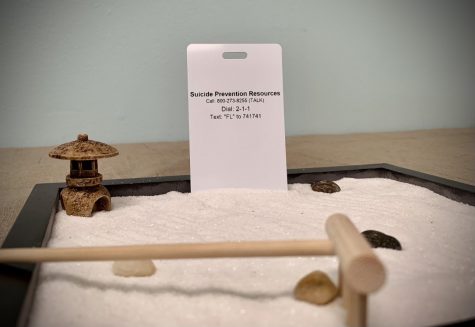
Brann supports this statement, clarifying that students can be “their own biggest champion” by speaking out and being persistent in their self-care journeys. “Our guidance department is essential, and they have many resources available. A trusted teacher or adult is another option.”
Forms of help:
National Suicide Prevention Lifeline:
1-800-273-8255 (TALK)
Dial: 2-1-1
Text: “FL” to 741741
Guidance Staff Members:
• Ms. Bresnahan, Guidance Counselor – 6th & 7th
• Ms. Hill, Guidance Counselor – 8th & 9th Grades
• Mr. Kowalski, Guidance Counselor – 10th & 11th Grades
• Ms. Pepe, Guidance Director/Guidance Counselor – 12th Grade.
To contact any of the following Guidance counselors or fellow teachers, type their name in the Outlook Email search bar of your school Microsoft account and their email will be brought up.
Forms of Self-Care:
• The Soothing Sounds Playlist from Calm (On YouTube)
• Guided Meditations in the Headspace App
Remember–it’s always okay to ask for help, and to take care of yourself. Stay safe.

